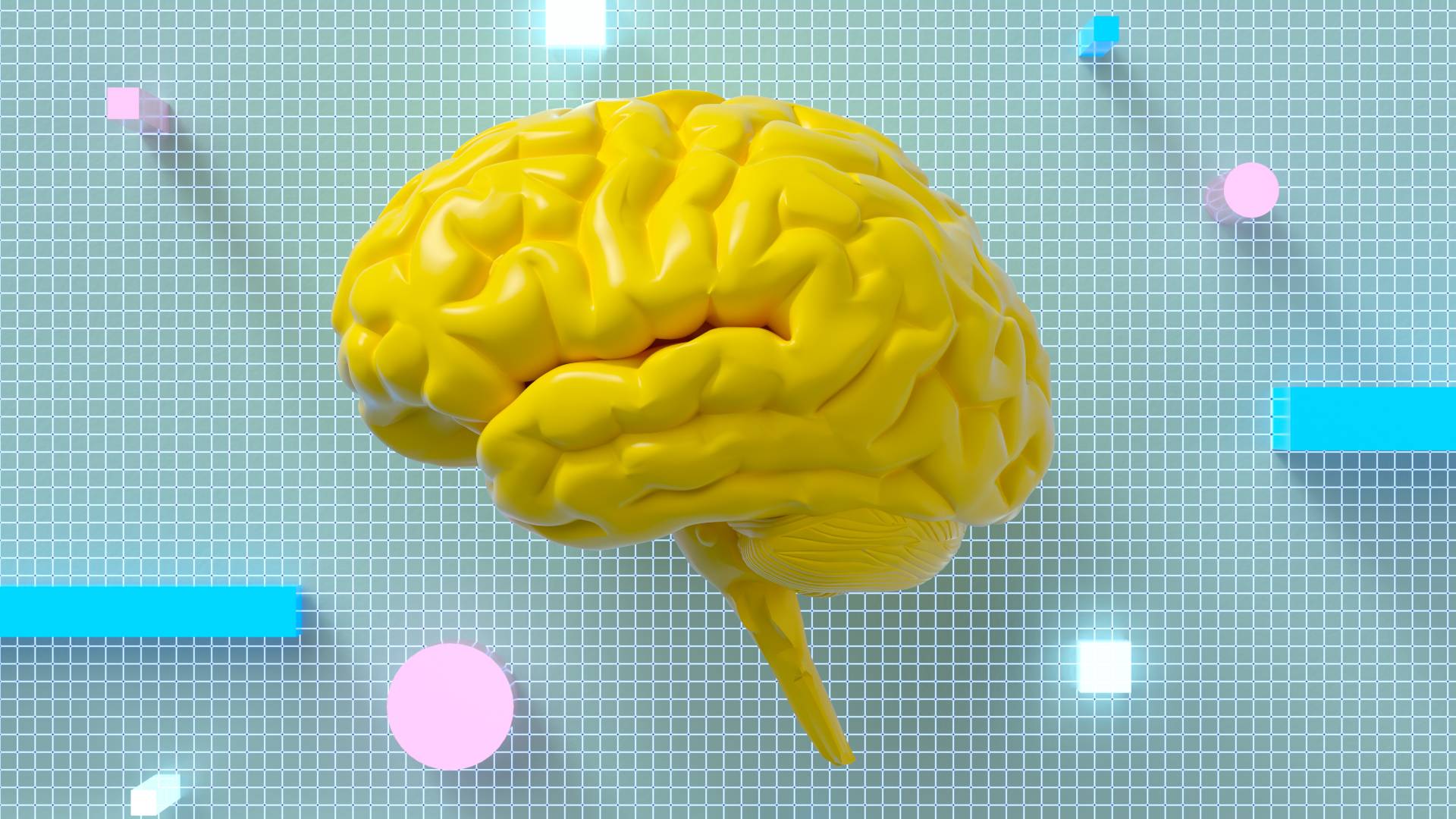Using Brain Organoids to Study Human Microcephaly

Study in a Sentence: Using a human tissue screening technology that utilizes brain organoids and CRISPR gene editing, researchers identified genes and biological mechanisms involved in human microcephaly.
Healthy for Humans: Microcephaly is a neurodevelopmental disease characterized by reduced brain size. It has been associated with more than 100 genetic variants, but it is still unknown how many of these variants affect brain development and contribute to the pathogenesis of microcephaly.
Redefining Research: Loss-of-function (LOF) screening is a powerful method of systematically studying gene function. However, it traditionally uses animals or two-dimensional human cell cultures, making it time-consuming and lacking important structural and biological features of human tissue. By using a high-throughput CRISPR-based LOF approach in 3D brain organoids, researchers were able to rapidly and systematically characterize genes implicated in microcephaly.







